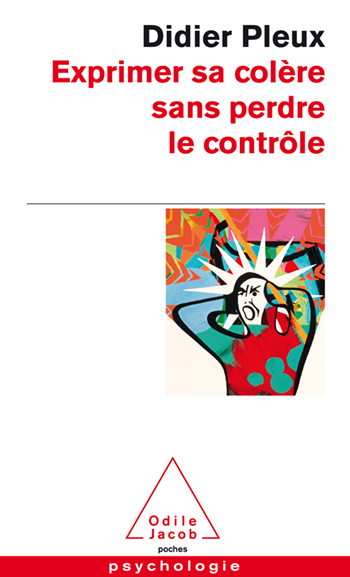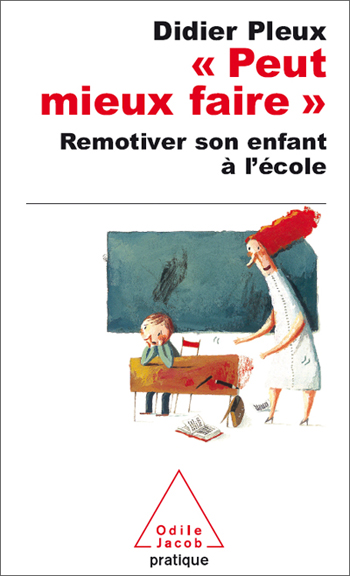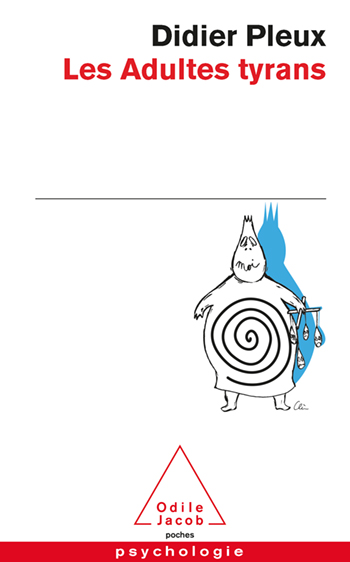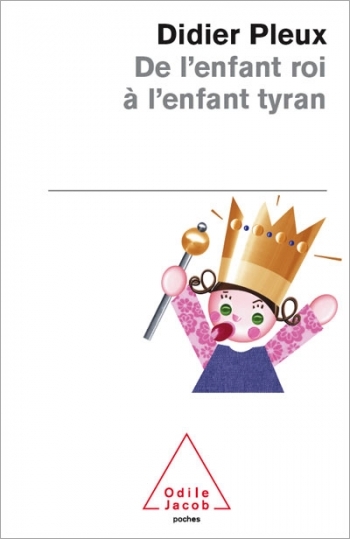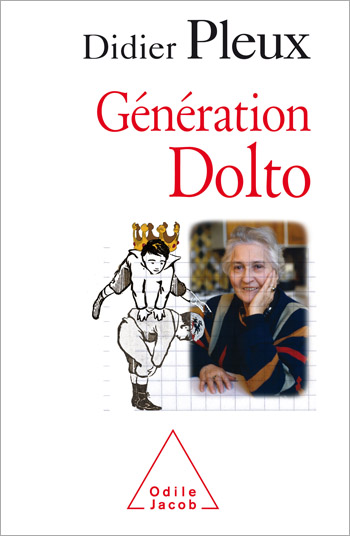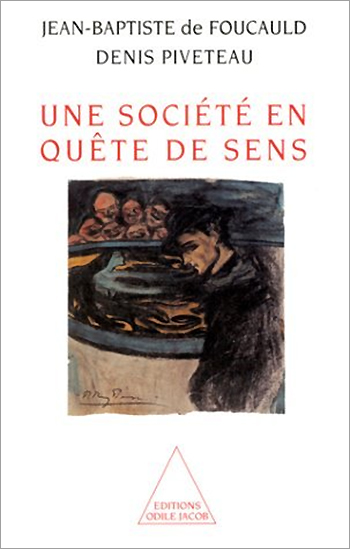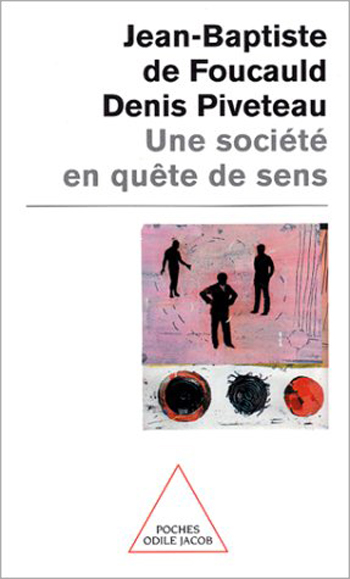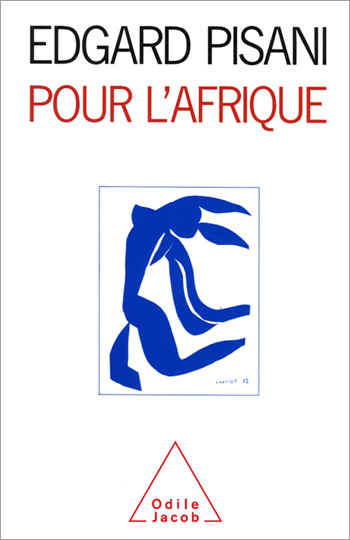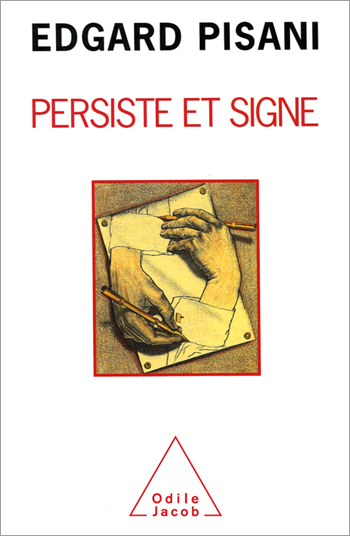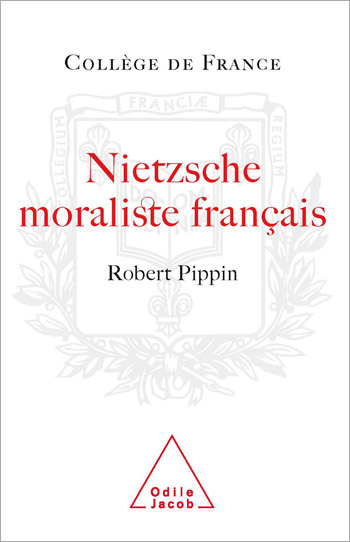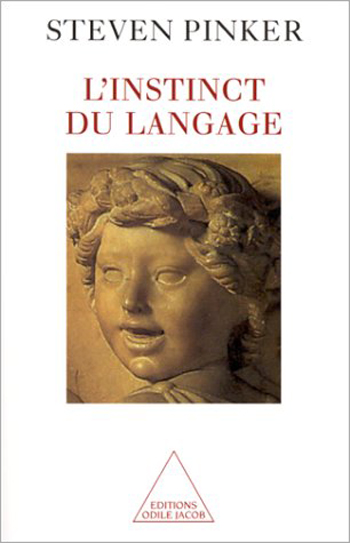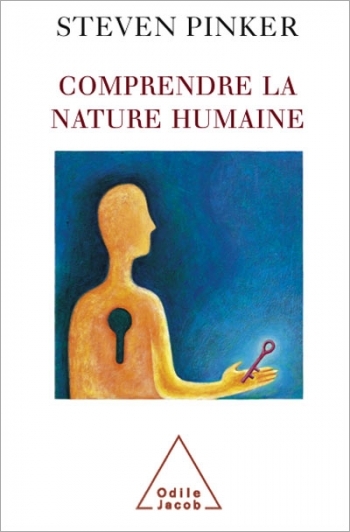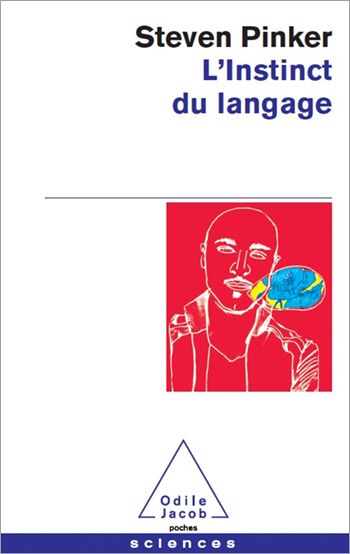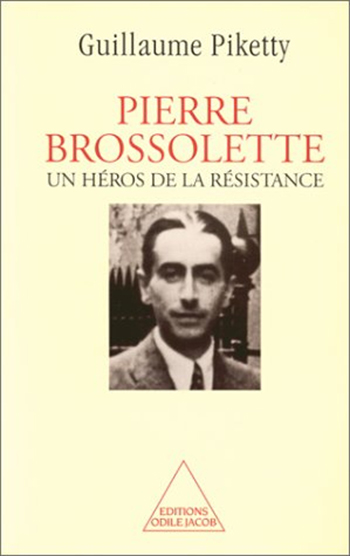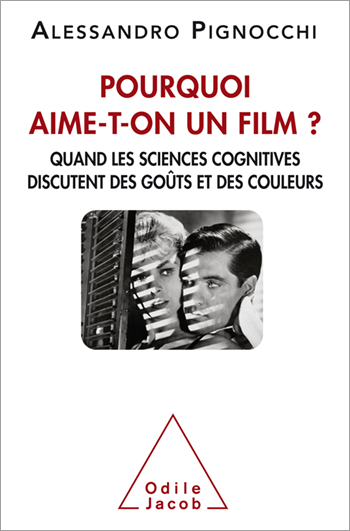Catalog All books

Didier Pleux
Ten rules for common-sense parenting
Ten rules for common-sense parenting — and to give our children a better future
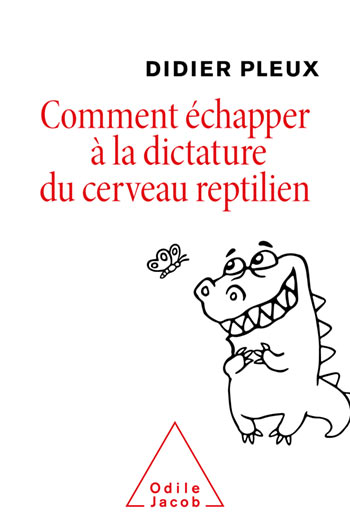
Didier Pleux
How to Escape the Dictatorship of a Reptilian Brain
As victims of the pleasure principle and of immediate gratification, how can we overcome our reptilian brain? By relearning how to wait and to think.
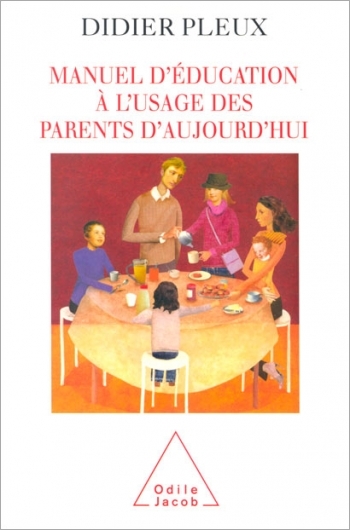
Didier Pleux
Handbook of Education for Modern Parents
Parents often feel overwhelmed by their children's omnipotence. It is easy enough to say that parents must recover their authority and lay down rules, but what are the practical ways of going about this in everyday life?
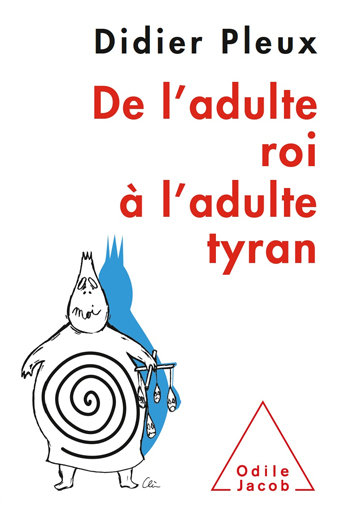
Didier Pleux
From Emperor-Adults to Tyrant-Parents
It would seem everyone in our society has a complaint about incivilities, widespread selfishness and the loss of “values” in an increasingly materialistic society whose members are perceived as rude and badly brought up...
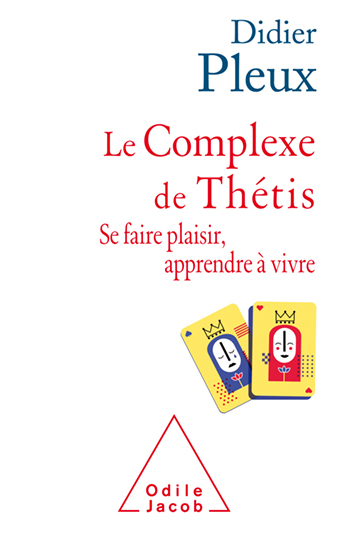
Didier Pleux
The Thetis Complex To enjoy or not to enjoy life; finding the right balance
The Thetis complex, or the increasingly widespread difficulty in finding a good balance between the quite natural desire to enjoy life, and the acceptance that everything cannot be lived according to one’s desires.
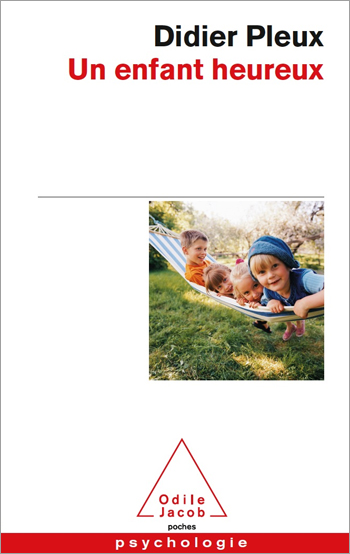
Didier Pleux
My Child Is Happy
This book will help us understand our children and the parents that we are. It describes how to give children, and the adults they will become, an educational grounding in happiness.
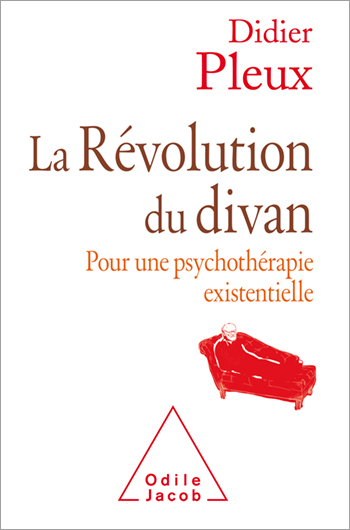
Didier Pleux
The Freudian Couch Revolution
Existential psychotherapy: a new approach grounded in the power of consciousness
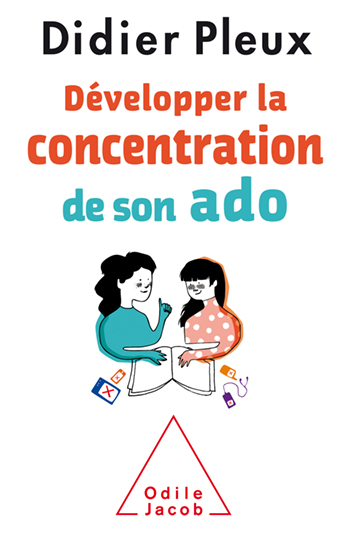
Didier Pleux
Developing Your Teen’s Concentration
Concrete advice to help adolescents concentrate. A book that addresses adolescents directly.
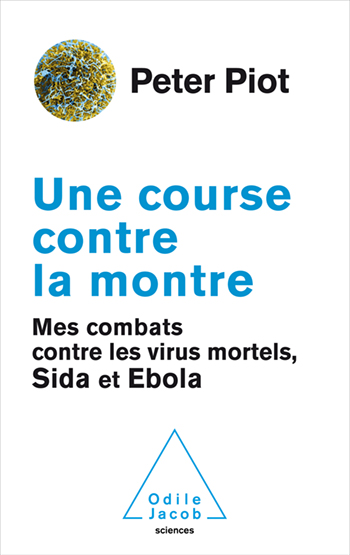
Peter Piot
No Time to Lose A Life in Pursuit of Deadly Viruses
A fascinating account of the fight against viruses, by one of the discoverers of the Ebola virus
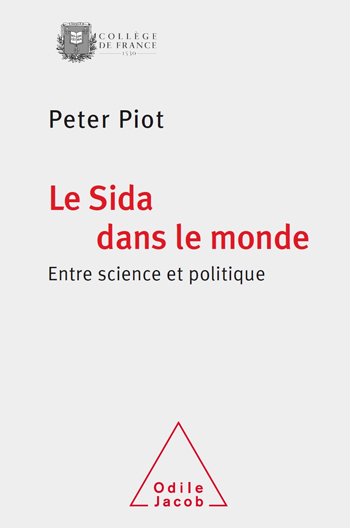
Peter Piot
AIDS in the World
A personal account, synthesis and an impassioned plea in which science and politics converge to fight AIDS
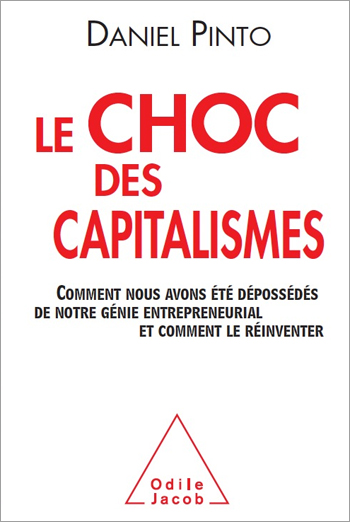
Daniel Pinto
The Clash of Capitalisms How we were deprived of our entrepreneurial genius and what we can do to reinvent it
Does capitalism still have a future? This book shows that it does, but only if it retrieves the formula that led to its success: the spirit of enterprise coupled with state support.
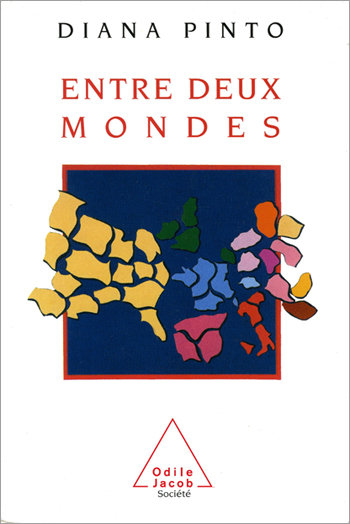
Diana Pinto
Between Two Worlds
How can the individual s identity solidify in today s multicultural context? D. Pinto's essay in comparative cultural history, written in the first person, is a sensitive and critical document in favor of an open Europe and a pluralistic society.
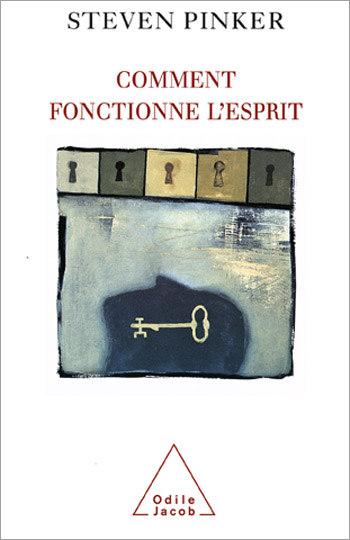
Steven Pinker
How the Mind Works
In his new book, Steven Pinker studies the human mind. What is it? How did it evolve? How does it enable us to see, think, feel, laugh, interact with others, have aesthetic experiences, and reflect on our own lives? This is the long-awaited synthesis encompassing all the major explanations offered by evolutionary biology and the cognitive sciences concerning mental life of human beings. Steven Pinker heads the Center of Cognitive Neurosciences at the Massachusetts Institute of Technology. He is the author of the highly acclaimed Language Instinct.
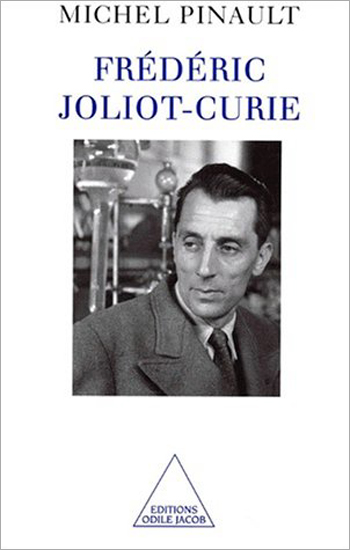
Michel Pinault
Frédéric Joliot-Curie
This is the first biography of Frédéric Joliot-Curie, the founder of French nuclear research and winner of the Nobel Prize for Chemistry in 1935. For many, he represents the political commitment of French intellectuals in the struggle against Fascism in the twentieth century. His life illustrates the transition from traditional science, limited to the world of academia, to Big Science, with major national and international repercussions. Michel Pinault holds an agrégation and a doctorate in history from the University of Paris I.
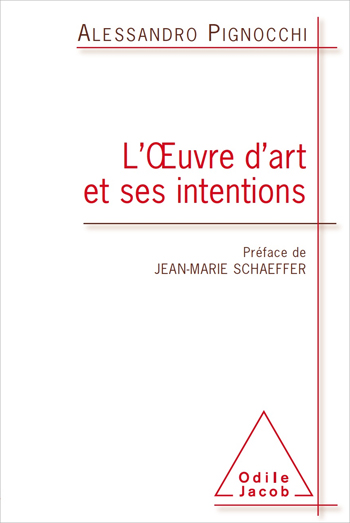
Alessandro Pignocchi
Art and Intention
The latest scientific research reveals how we perceive and judge works of art

